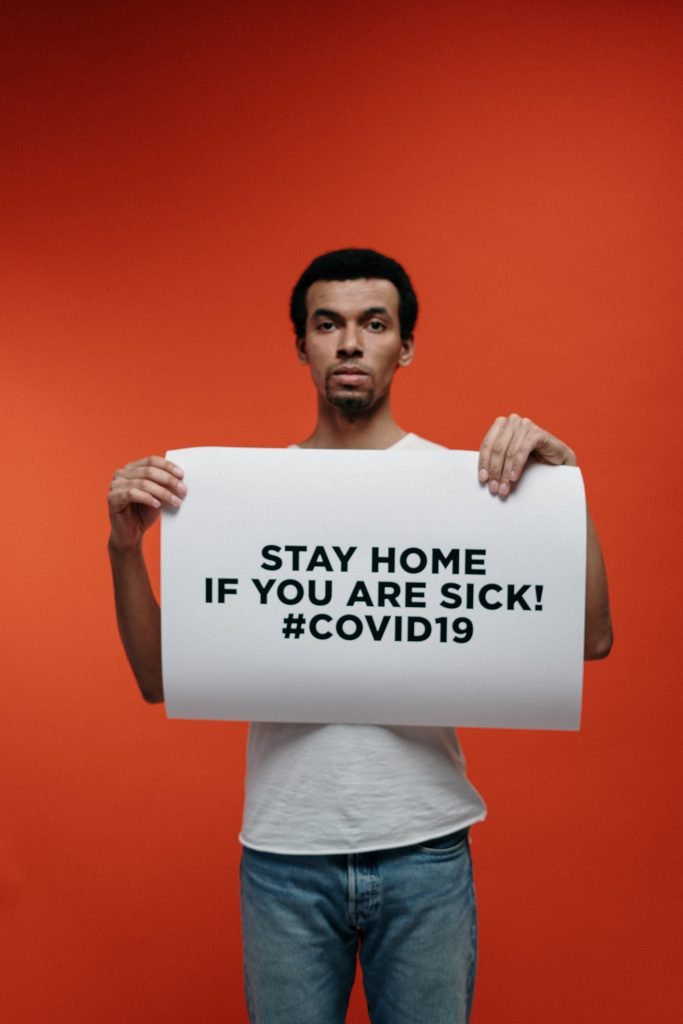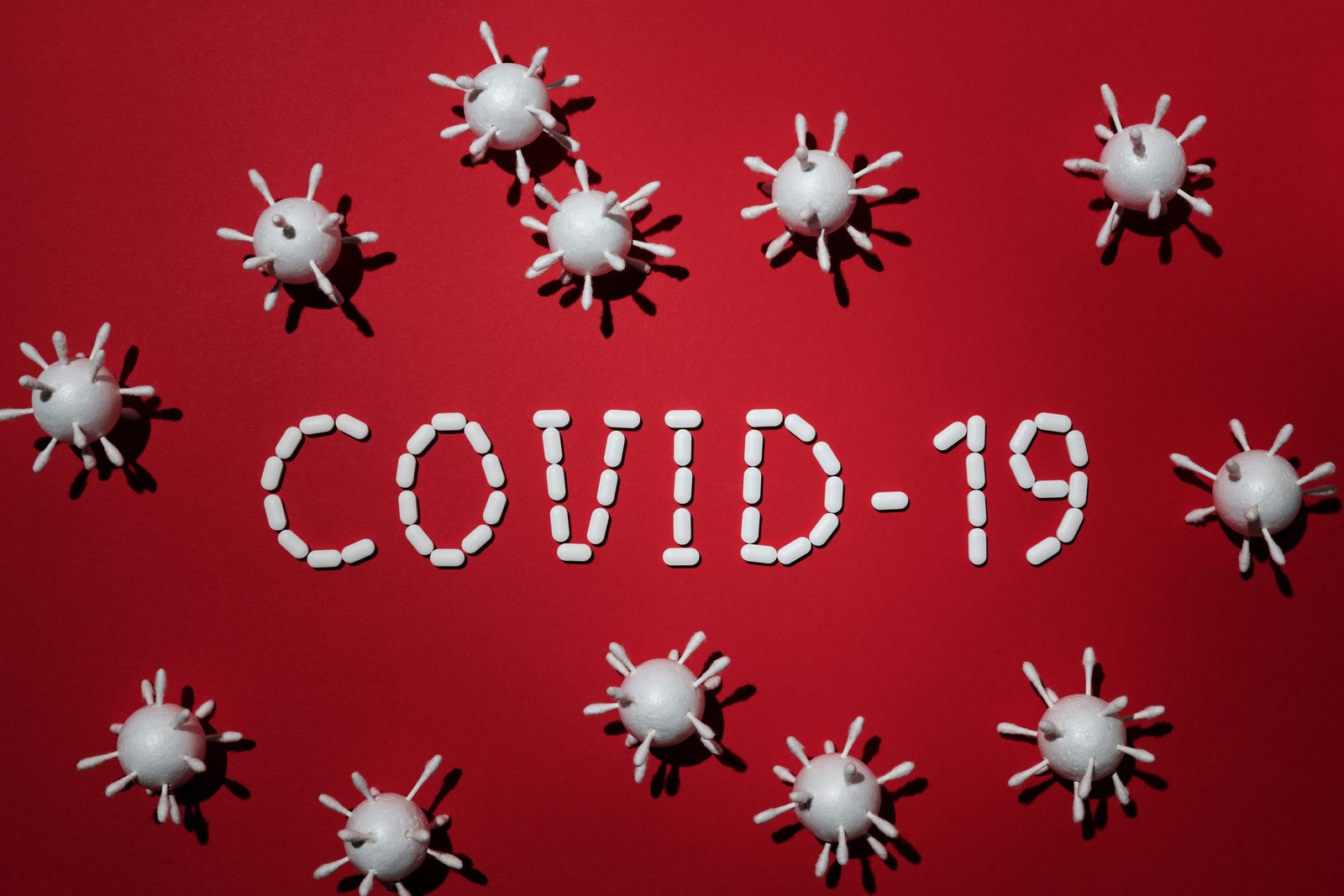Coronavirus is the virus responsible for COVID-19. The novel coronavirus reportedly broke out in Wuhan, China. It has spread around the world claiming thousands of lives and leaving many critically ill. The symptoms of COVID-19 can range from mild illness similar to the common cold to severe symptoms like chest pain, extreme shortness of breath requiring oxygen and sometimes invasive respiratory support.
The most commonly reported symptoms is fever, shortness of breath and cough. Although lately as the number of cases increases, there has been association with loss of sense of taste and smell in COVID positive patients. The incubation period – the time from infection to onset of symptoms can range from 2 to 14 days. This means an individual can transmit the virus without having or showing any symptoms.
Transmission: The major form of transmission is person to person especially those who are in close contacts within a 6 feet radius. Also transmission can occur from respiratory droplets produced when an infected person coughs or sneezes. These droplets can land in the month, noses or eyes of individuals close by or can be inhaled directly into the lungs. In addition, the surfaces these droplets land on can become the avenue for transmission when other individuals come in contact.
What can you do to prevent the transmission of the Coronavirus?

- Social distancing – this simply means stay home and if unavoidable, maintain a distance of 6 feet or more from individuals who do not currently live with you.
- Wash your hands often. Remember the coronavirus can remain on different surfaces longer. Keep hands clean and avoid touching your face, eyes, nose mouth with unwashed hands.
- Knowledge is power educate others about mode of transmission and preventive actions.
- Avoid public transportation– It is difficult to maintain social distance in public transportation.
- Clean and disinfect: Routinely clean high-touch surfaces in your “sick room” and bathroom.
Final Thoughts
There are no published studies to support that Blacks are protected against contracting on transmitting the coronavirus. This is a myth. The low number of cases in African countries may be simply due to low testing in our community. Prevention is best. Speak to your local health department about details specific to your country.
Elderly patients with other medical conditions are having worse outcome from COVID-19. Help keep them safe. Protect yourself and your loved ones by educating them on the importance of social distancing and proper hand washing techniques. The stay at home order is not an excuse to avoid medical care when necessary. Sometimes the next best step is to go to the emergency room. If you leave in a society where you can easily access a doctor, please call your doctor to give you clear directive based on the details of your health and how you think you are feeling.
Stay safe and healthy.
References
- https://www.cdc.gov/coronavirus/2019-ncov/if-you-are-sick/steps-when-sick.html
- Lloyd Sherlock, P. Ebrahim, S. Bearing the brunt of covid-10: older people in low and middle income countries. BMJ 2020;368:m1052 doi: 10.1136/bmj.m1052 (Published 13 March 2020





